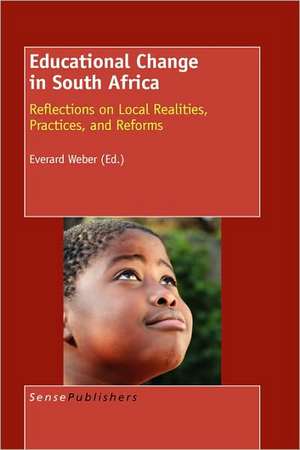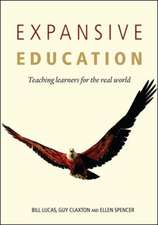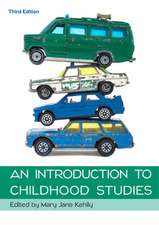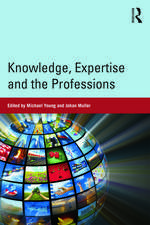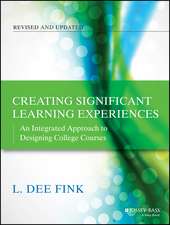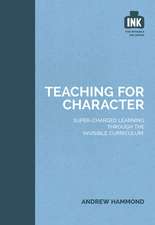Educational Change in South Africa: Reflections on Local Realities, Practices, and Reforms
Everard Weberen Limba Engleză Paperback – 31 dec 2007
| Toate formatele și edițiile | Preț | Express |
|---|---|---|
| Paperback (1) | 339.95 lei 38-44 zile | |
| Brill – 31 dec 2007 | 339.95 lei 38-44 zile | |
| Hardback (1) | 591.18 lei 38-44 zile | |
| Sense Publishers – 18 noi 2008 | 591.18 lei 38-44 zile |
Preț: 339.95 lei
Nou
Puncte Express: 510
Preț estimativ în valută:
65.07€ • 68.36$ • 54.68£
65.07€ • 68.36$ • 54.68£
Carte tipărită la comandă
Livrare economică 08-14 martie
Preluare comenzi: 021 569.72.76
Specificații
ISBN-13: 9789087906580
ISBN-10: 9087906587
Pagini: 360
Dimensiuni: 155 x 235 x 19 mm
Greutate: 0.5 kg
Editura: Brill
Colecția Brill
Locul publicării:Netherlands
ISBN-10: 9087906587
Pagini: 360
Dimensiuni: 155 x 235 x 19 mm
Greutate: 0.5 kg
Editura: Brill
Colecția Brill
Locul publicării:Netherlands
Cuprins
The book is divided into seven sections: Introduction and Overview, Curriculum and Pedagogy, Teacher Education, Schools, Higher Education, Systemic Change and a Conclusion. Several chapters argue that there is a strong relationship between national and international developments, and educational change. Samoff asks, “Whither Education in South Africa” in the context of history: Bantu Education, People’s Education, and Outcomes-based Education. Other writers analyse the relative autonomy of educational change from the wider social world. De Kock and Slabbert explore the personal growth and professional development of student teachers through teacher education programmes. Soudien and Gilmour conclude by stating the greatest systemic challenge is the poor quality of learning among black students. They say the state produces and reproduces inequities because, inter alia, it has not adequately addressed the apartheid legacy.
